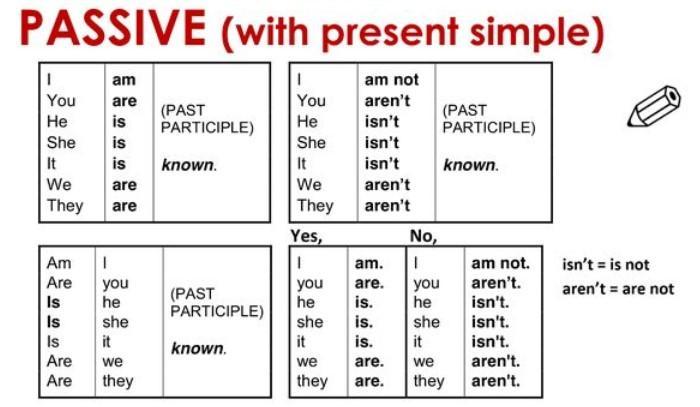СТРАДАТЕЛЬНЫЙ ЗАЛОГ
(The Passive Voice)
Упражнение 1. Поставьте следующие предложения в вопросительную и отрицательную формы.
Example. Marmalade is made from apples. – Is marmalade made from apples? – Marmalade isn’t made from apples.
1) The place is cleaned up.
2) They are invited to a birthday party.
3) The fax is sent.
4) The book is published.
5) Litter is thrown away every day.
6) Water is polluted.
7) Animals are hurt.
8) The trees are cut down to make new paper.
9) Baby trees are damaged by hairs.
плиииз. помогите.
Ответы
Ответ:
1) The place is cleaned up. The place is not cleaned up. Is the place cleaned up?
2) They are invited to a birthday party. They are not invited to a birthday party. Are they invited to a birthday party?
3) The fax is sent. The fax is not sent. Is the fax sent?
4) The book is published. The book is not published. Is the book published?
5) Litter is thrown away every day. Litter is not thrown away every day. Is litter thrown away every day?
6) Water is polluted. Water is not polluted. Is water polluted?
7) Animals are hurt. Animals are not hurt. Are animals hurt?
8) The trees are cut down to make new paper. The trees are not cut down to make new paper. Are the trees cut down to make new paper?
9) Baby trees are damaged by hairs. Baby trees are not damaged by hairs. Are baby trees damaged by hairs?
Объяснение:
